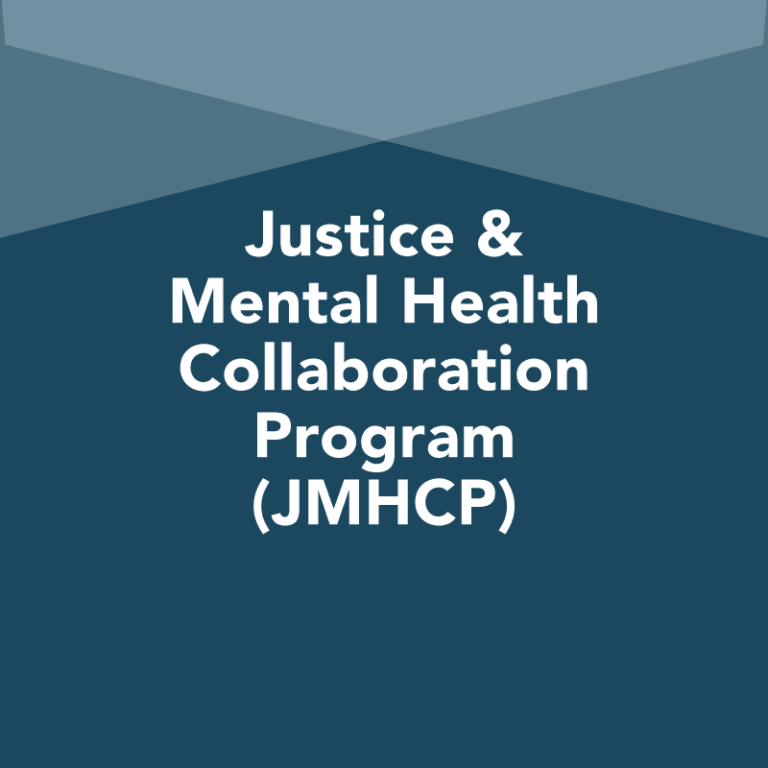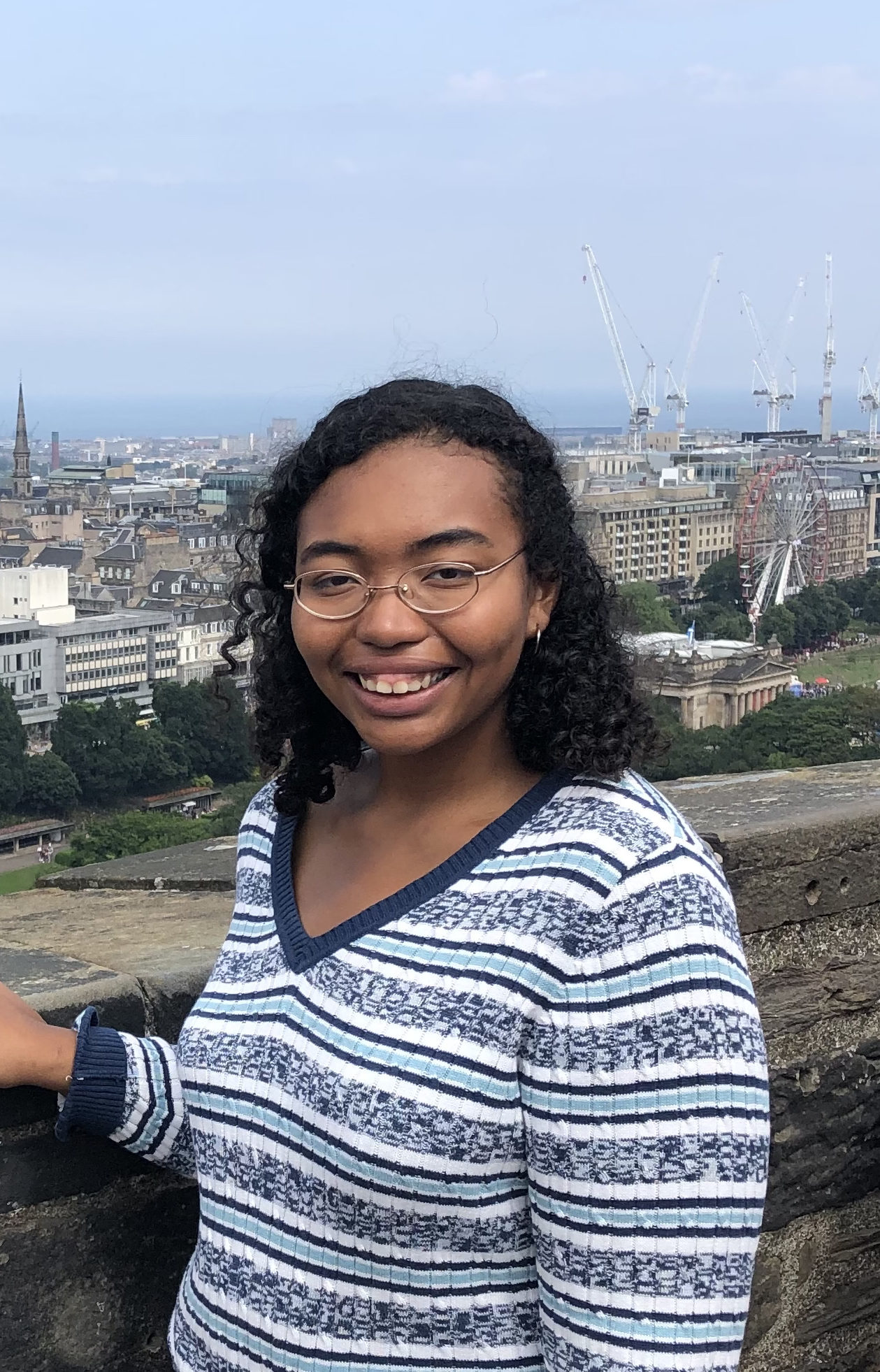Hiring clinicians to work with criminal justice agencies throughout the different intercepts in the justice system is one way that jurisdictions are working to improve their responses to people with mental health needs. Using the Sequential Intercept Model as the starting point for identifying where clinicians can be employed, this brief highlights ways that embedded clinicians can support mental health and criminal justice collaborations. It also provides specific examples of Justice and Mental Health Collaboration Program grantees successfully implementing clinician-embedded programs throughout the criminal justice system. Photo credit: cottonbro from Pexels
Related Resources

Preparing Law Enforcement Agencies for Embedded Clinicians
Crisis Systems, Law Enforcement, Mental Health
Read more
Building Successful Partnerships with Peer-Run Organizations
Co-Occurring Substance Use, Mental Health
Read more
FY2023 Planning and Implementation Guide for JMHCP Connect and Protect
Co-Occurring Substance Use, Law Enforcement, Mental Health
Read moreAuthors

Ethan Kelly
Policy Analyst, Behavioral Health
Ethan Kelly provides technical assistance to grantees working with people who have co-occurring substance addictions and mental illnesses and are involved in the criminal justice system. Prior to joining the CSG Justice Center, Ethan was a clinical supervisor and trainer for behavioral health/criminal justice programs, managing a pretrial mental health program and providing trainings on mental health, critical incident stress management, and criminogenic risk. He earned his BSW from Southern Connecticut State University and his MSW from Fordham University.

Andrea Chambers
Behavioral Health Intern
Andrea Chambers provides administrative, operational, and programmatic support to the Behavior Health Division at The Council of State Governments (CSG) Justice Center. Prior to joining the CSG Justice Center, Andrea worked as a Masters research fellow for the Health Communication Research Laboratory (HCRL) at the Brown School at Washington University in St. Louis. At the HCRL, Andrea assisted the lab in innovative and community-based research through health policy analysis and data management. Andrea earned her BA in International and Area Studies from Washington University in St. Louis and is currently completing her MPH in Health Policy Analysis at the Brown School at Washington University in St. Louis.